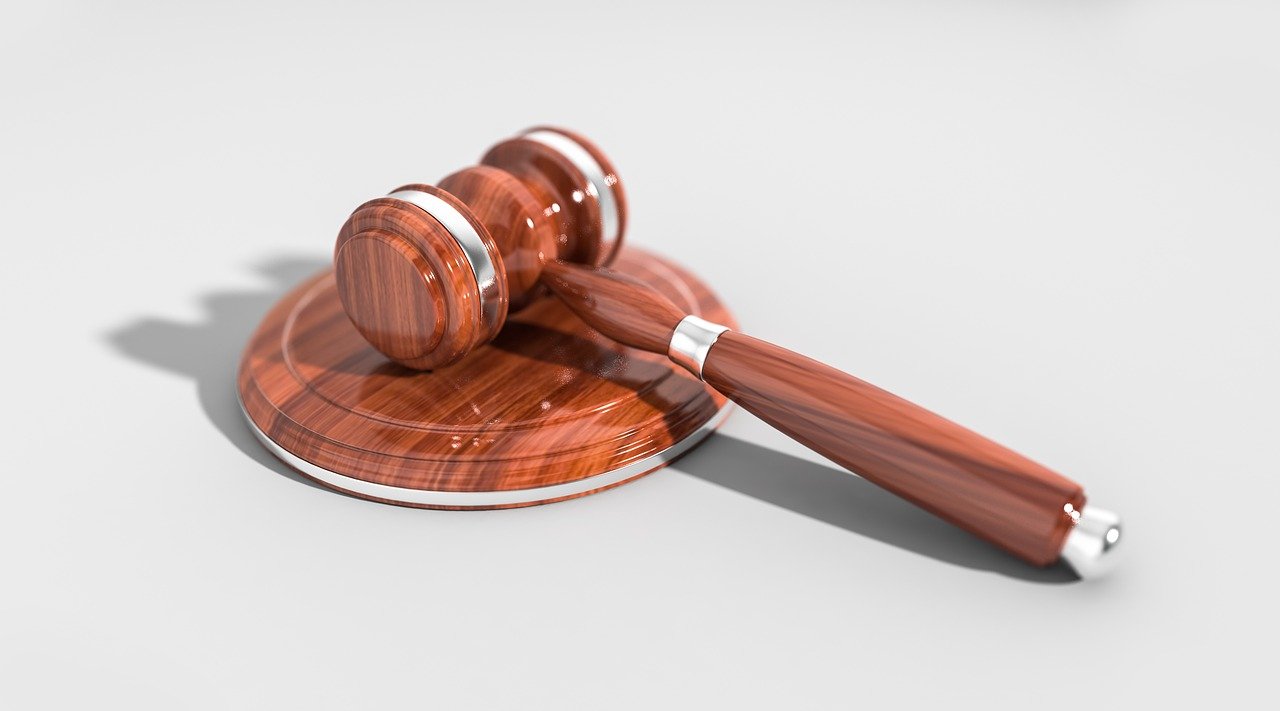Last Updated on: 22nd November 2023, 12:16 pm
Personal injury occurs when an accident harms a person’s body, emotions, or mind. Personal injury becomes a lawsuit when the cause of bodily or emotional harm is due to acts by another party that refuses to acknowledge responsibility and compensate.
At such a moment, an injured person hires a legal team like Turner Freeman Lawyers to file a lawsuit seeking a legal remedy.
A personal injury lawsuit aims at providing an injured person some financial compensation for harm suffered due to intentional, negligent, or careless conduct by another party. A plaintiff must quantify the damages into money or other forms of payment for a court to determine the precise compensation.
The basic types of damages to pursue in a personal injury lawsuit are:
- Punitive damages
A judge or jury awards punitive damages only when necessary to punish a defendant for engaging in willful, fraudulent, or malicious actions that harm a plaintiff. The purpose is to deter a defendant from repeating the behavior and discourage others from engaging in similar behavior. Acts that attract punitive damages may include sexual assault, aggravated battery, or fraud that causes extensive financial harm. In addition, some cases involve harm caused by defective products or health risks due to prescription drugs.
- Nominal damages
Courts award nominal damages to plaintiffs after establishing that the harm suffered due to actions by another party is minimal or insignificant. The plaintiff does not receive much money. Nominal damages demonstrate that the conduct by a defendant was wrong but did not cause much harm. A court can also award nominal damages if a plaintiff fails to prove the actual value of losses because of wrongful behavior by a defendant.
- Compensatory Damages
Courts award compensatory damages for an injury that occurred to a plaintiff because of negligence by somebody else. The defendant has to pay even if the harm was not intentional because it is a mistake the caused an injury. Courts award compensatory damages in most injury cases, including auto accidents, slips, falls, and medical malpractice. They also apply in cases of wrongful death.
Compensatory damage is a broad award that is broken down into the categories below:
- General compensatory damages
These are compensation for non -monetary damages after an injury claim. Below are the most frequent types of general damages.
- Pain and suffering
- Loss of companionship or consortium
- Mental anguish
- Special compensatory damages
Special damages are compensation for monetary expenses that occur after injury due to negligence by another party. They are unique to the type of injuries on a plaintiff. The list below shows the most common types of special damages.
- Loss of current earnings
- Loss of future earnings
- Current medical bills
- Cost of medical care in future
- Costs linked to canceled plans or trips
- Wrongful death damages
Surviving families or the listed next of kin receive damages for wrongful death, including:
- Cost of medical care before death
- Emotional distress to surviving family and other loved ones
- Loss of financial contribution by the dead
- Funeral and burial expenses
- Loss of companionship
- Lost support and services by the deceased







